Loyalty is essential in a long-term partnership. Is loyalty different for gay couples? What honest conversations and boundaries are you both talking about? In this episode my guest Jean Malpas has some excellent tips for addressing these concerns and for giving your partner the benefit of the doubt.
Here are a few of the highlights:
SHOWNOTES
- Understanding cisgender and transgender [2:00]
- At what age do people start to identify with their gender? [4:00]
- An issue that comes up for any couple, gay or straight [8:00]
- What’s ok and what’s not ok in an open relationship? [11:00]
- What is the one essential factor in a successful relationship? [14:00]
- Is there a difference between gay & straight couple relationships? [15:00]
- Being mindful about areas of shame in relationship [21:00]
- What is “minority stress”? [22:00]
- Advice for couples who are struggling in relationship [33:00]
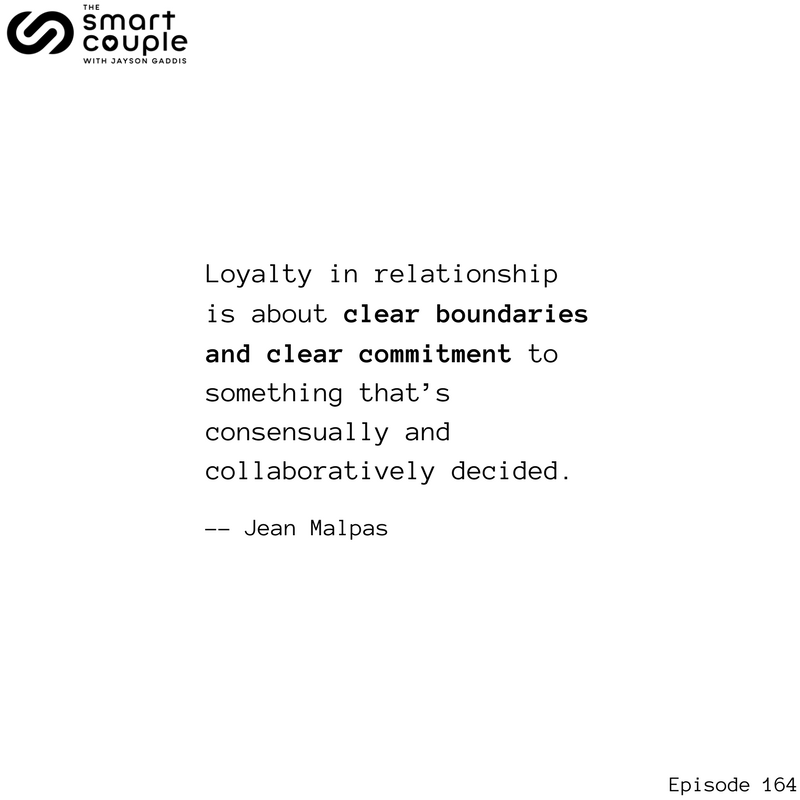
HELPFUL LINKS
- Jean’s website
- TEDx talk – The Gift of Gender Authenticity
- The Ackerman Institute
- Ackerman’s Institute – Gender & Family Project
- Roots Community
- The Relationship School®
- Facebook – Jayson Gaddis Fan Page
- How to Leave A Podcast Review
GUEST BIO
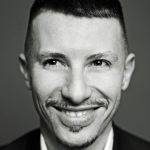 Jean Malpas, LMHC, LMFT is the Director of the Gender & Family Project at the Ackerman Institute for the Family, Director of International Training, and psychotherapist in private practice in New York City. He has presented on issues of gender, sexuality, couple and family therapy in the US and internationally. His work on gender and sexual diversity appears in numerous professional publications and is featured on media outlets including National Geographic’s “Gender Revolution: A Journey with Katie Couric,” MSNBC’s “All In With Chris Hayes,” Frontline’s “Growing Up Trans,” The New York Time, New York Magazine, The Atlantic, The Guardian and Vogue.
Jean Malpas, LMHC, LMFT is the Director of the Gender & Family Project at the Ackerman Institute for the Family, Director of International Training, and psychotherapist in private practice in New York City. He has presented on issues of gender, sexuality, couple and family therapy in the US and internationally. His work on gender and sexual diversity appears in numerous professional publications and is featured on media outlets including National Geographic’s “Gender Revolution: A Journey with Katie Couric,” MSNBC’s “All In With Chris Hayes,” Frontline’s “Growing Up Trans,” The New York Time, New York Magazine, The Atlantic, The Guardian and Vogue.


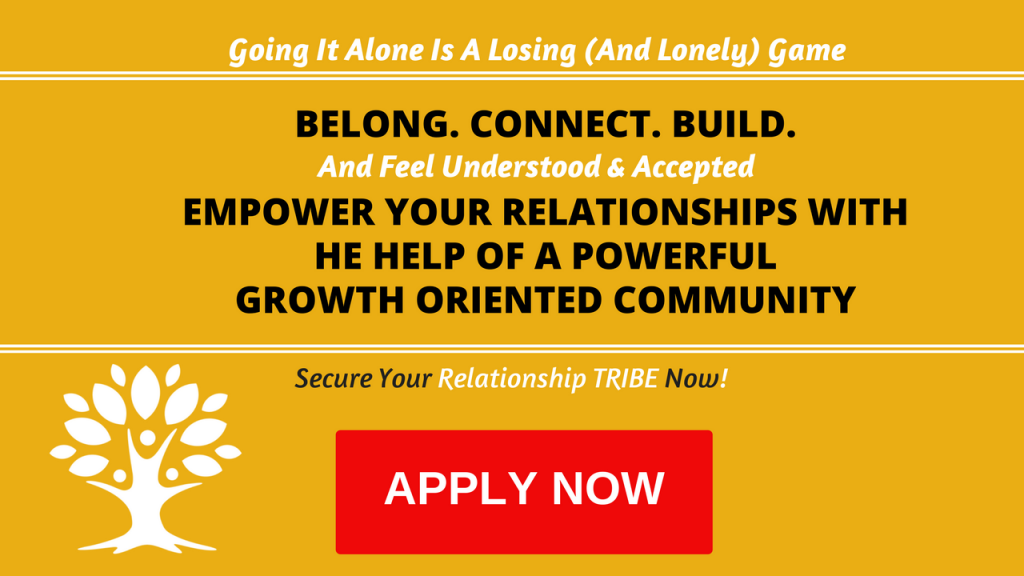
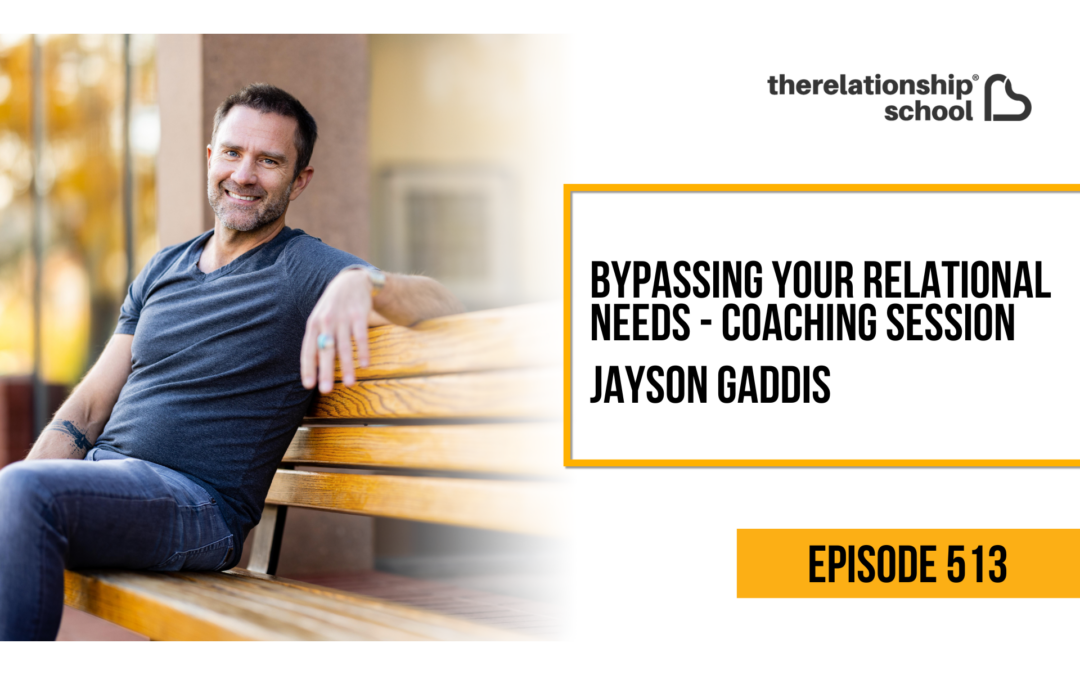
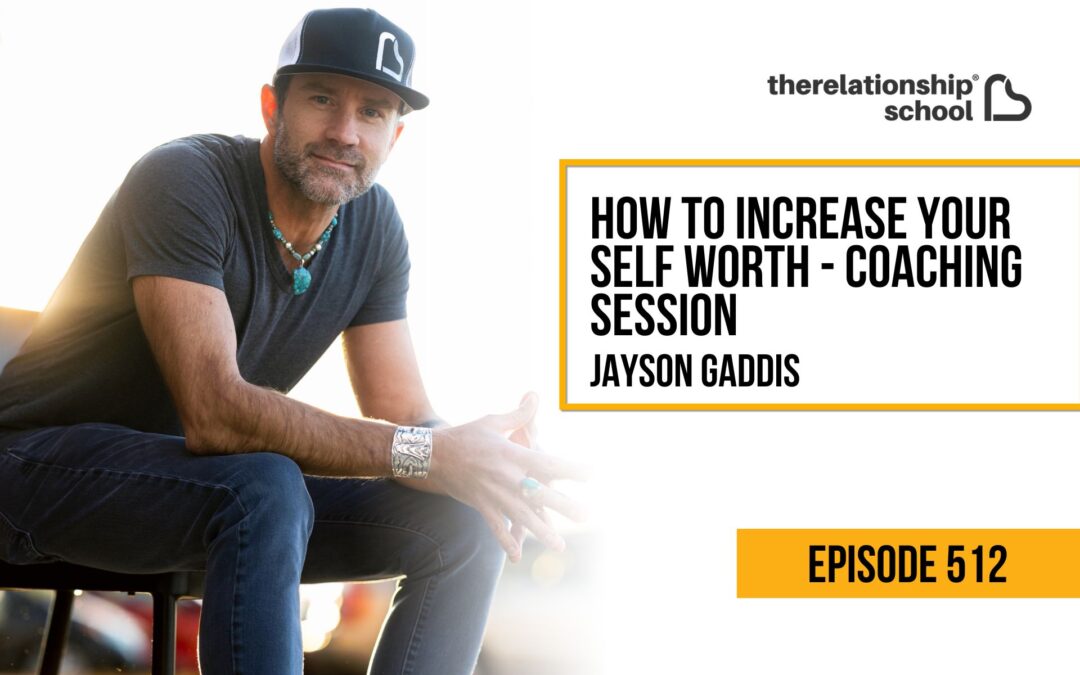
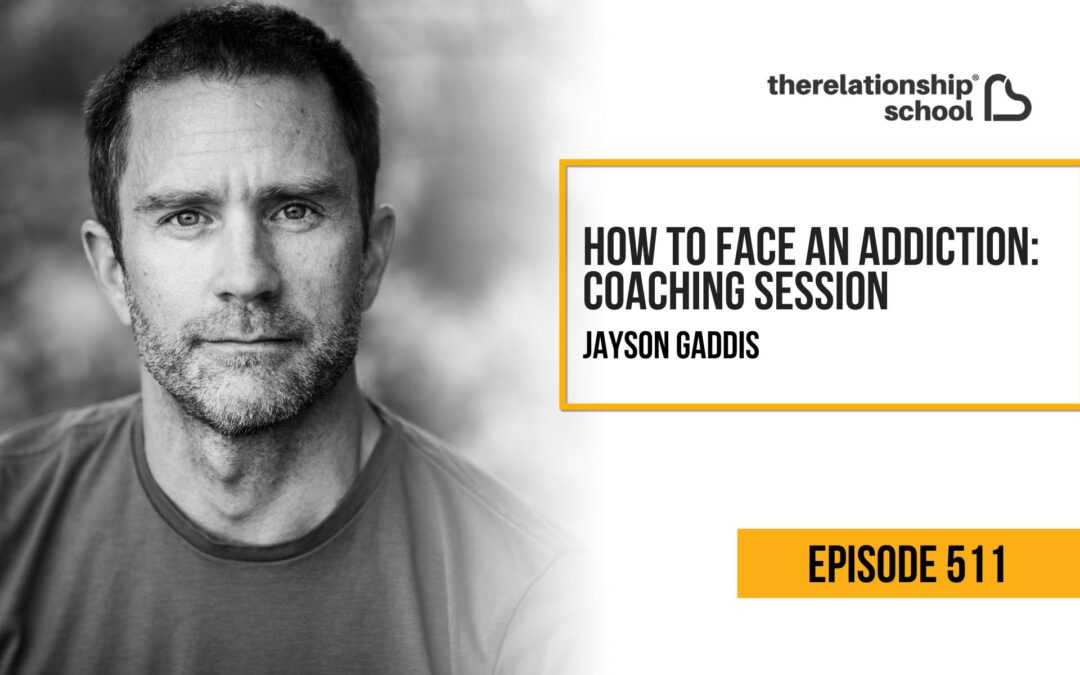
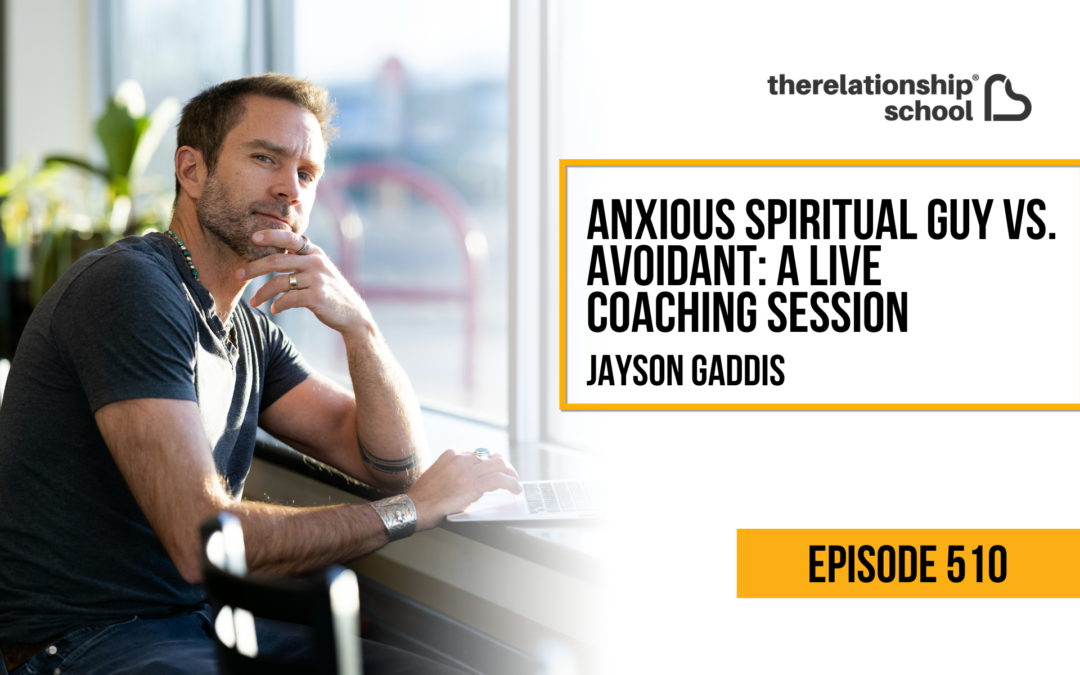
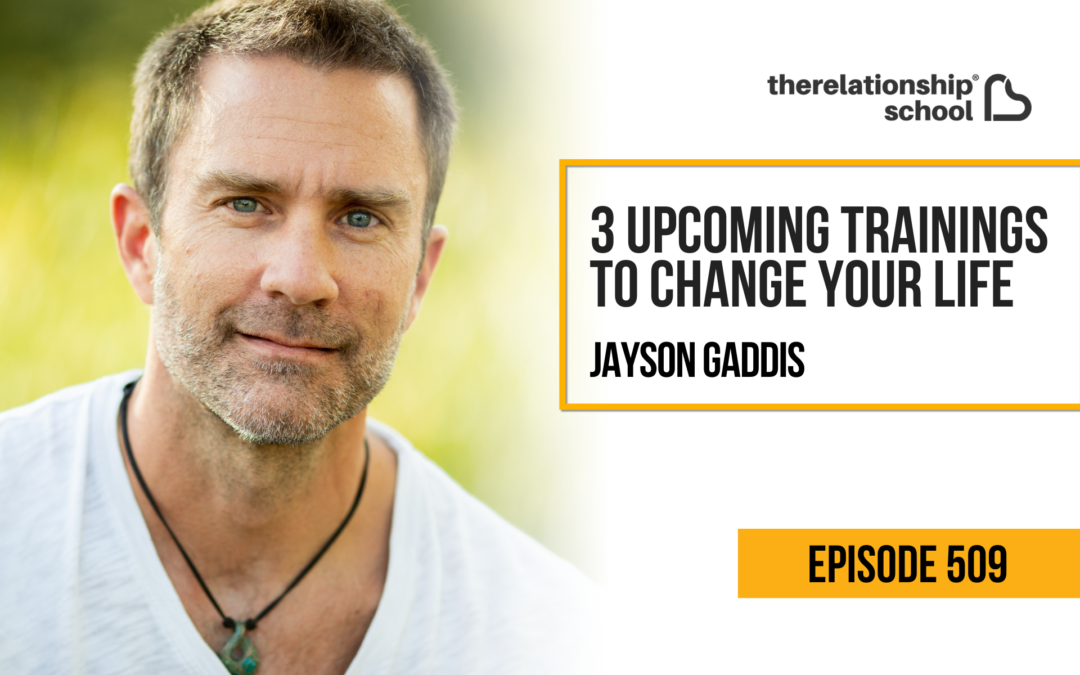









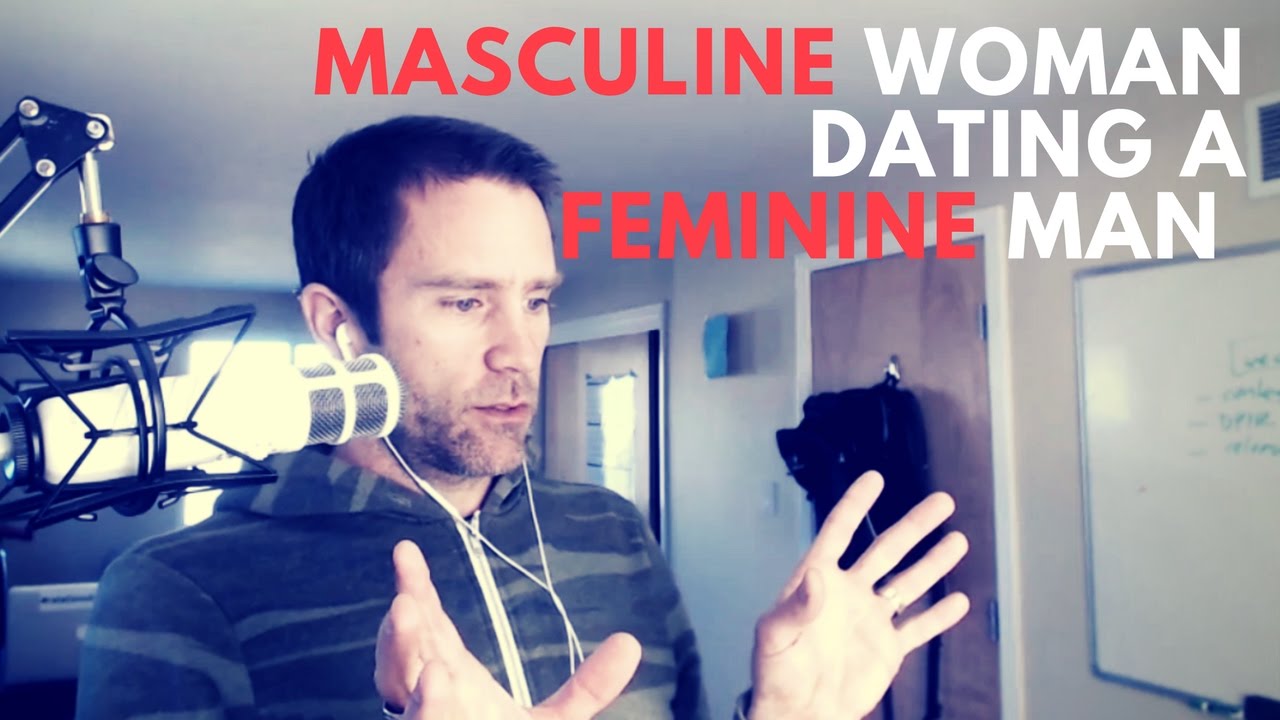

Jayson,
I am not expecting my comment to be published, and I understand due to its contradictory nature, as I am asking some hard questions that have been concerning me deeply. I want to clarify that I am not in any way wanting to invalidate anyone’s worth or value. I think every person has inherent worth, great worth, and that nothing they do or don’t do, how they feel about themselves or don’t feel about themselves, etc, can add to it or take away from it.
Jean mentions issues that I feel are not receiving the due dialogue that they deserve, I think primarily because of the hate-campaign lobbied at anyone who would bring up the concerns.
There seems to be a break from reality in some of the ideas presented. One area is the undermining of the traditional definition of birth-gender. The term Jean uses, “assigned gender”, contradicts reality. Gender at birth is an observation of biological anatomy, an observation of science, and not a culturally assigned designation as Jean seeks to present it to be. The term “assigned gender” is not substantiated scientifically. Subjective feelings do not alter objective external scientific observation. This subversion of reality is deeply troubling to me. It is performing bad psychology to deny uncontestable reality. The answer to feeling like a girl inside while one has male anatomy cannot be found in denying the existence of male anatomy, nor to seek to divorce the definition of female or male from anatomy. This dissonance with reality is why this experience of female in a male body or male in a female body has been categorized as mental illness up until recent years. The answer to the psychological distress caused by this subjective experience of female in a male body or male in a female body cannot be to deny scientific, objective reality.
Additionally, relational loyalty is not a term that can be defined as subjectively as presented in this podcast. The most intimate thing a person can give another is one’s body. What gay men do not talk about and will not confess openly is that gay sexuality is greatly driven by sex addiction. (This is a significant problem in straight male sexuality as well, which is also not addressed as it should be.) Open relationships are an an attempt to normalize sex addiction. Much of gay sexual behavior is driven by compulsive desire which results from cultivation of lust through acts and means that separate sex from relationship, as we can see in porn addiction. Sex addiction progresses in steps, usually starting with porn and expanding to live-person acting out. Hooking up with strangers is common in the gay experience, and is the culmination of full-blown sex addiction. The “sex positive” person is a person who is consumed by and at the mercy of their sexual appetite. Their sexual compulsion has been intentionally cultivated and fed until the person reaches a point where they equate fulfillment of their sexual addiction compulsions as necessary for happiness. This is not psychological well-being but the exact opposite. This is psychological un-health.
These conversations are not happening today in the psychological academy and to attempt these conversation is to be labeled as “hate speech”. What is really happening is that a hate campaign is cast on anyone who would seek to talk about psychological health. I am almost sick to my stomach to see sexual addiction normed in this way. It is not a matter of discussing what a couple’s relational boundaries are. Sexual addiction should never be normed as psychologically healthy behavior even if both partners consent to it.
Hi there, we do not censor comments here and I’ll thank you for sharing your thoughts and feelings, as well as for listening to the podcast. I personally disagree with some of what you’re saying, but appreciate that you’re presenting your views with respect and calmness (something not always present on internet comments) so I thank you for that, that you mentioned that every human has inherent worth, and that you have concerns about sex addiction. I’m glad that we have a platform that we can have these types of conversations, with respectful language, with other people who also care (even if they have different opinions). Thank you for listening to the podcast =) -Meg
I couldn’t agree more with the prior comment…. Sex addiction is being normalize and not being treated. Open relationships are being normalize in Gay relationships because some people like to say I don’t own anyone. The stages of this ( sex addiction) are not spoken of in the gay community because immediately they are seen as hate and criticism since it’s a newer addiction. A lot of people don’t even know they’re sex addicts that’s how bad it is. The Therapist in NY( director of the program) gave vague answers to being open in a relationship. I would like to see what other Gay therapist have to say about the questions Jason was asking. Hopefully they do practice healthy therapy.
hi Edison, thanks for sharing your ideas and concerns. Apologies for the delay in replying, hopefully you have received some answers to your question about other gay therapists and open relationships. Thanks for listening – Meg
To respond to the comments above:
1. All people are assigned a sex based ont the appearance of their external genitalia. However, approximately 2% of the population is intersex, and the external genitalia does not define the lived gender experience of many people, i.e., transgender people. We assume that peoples sex (i.e., if they are male or female) tells us about their gender (whether they are experience themselves as a man or woman). These are not the same thing. Though many of us allign (sex with gender), others do not.
2. The American Association of Sex Educators, Counselors, and Therapists (AASECT) has taken a clear position on “sex addiction” (https://www.psychologytoday.com/blog/standard-deviations/201611/aasect-releases-historic-position-statement-sex-addiction). Polyamory is a way to have and build relationships — not just for gay men. Pathologizing different ways that people have relationships (gay and straight) is far more problematic then imagining that all people in open relationships are sex addicts.
hi Ari, thanks for sharing these links and facts, much appreciated =) and thanks for listening to the episode. -Meg